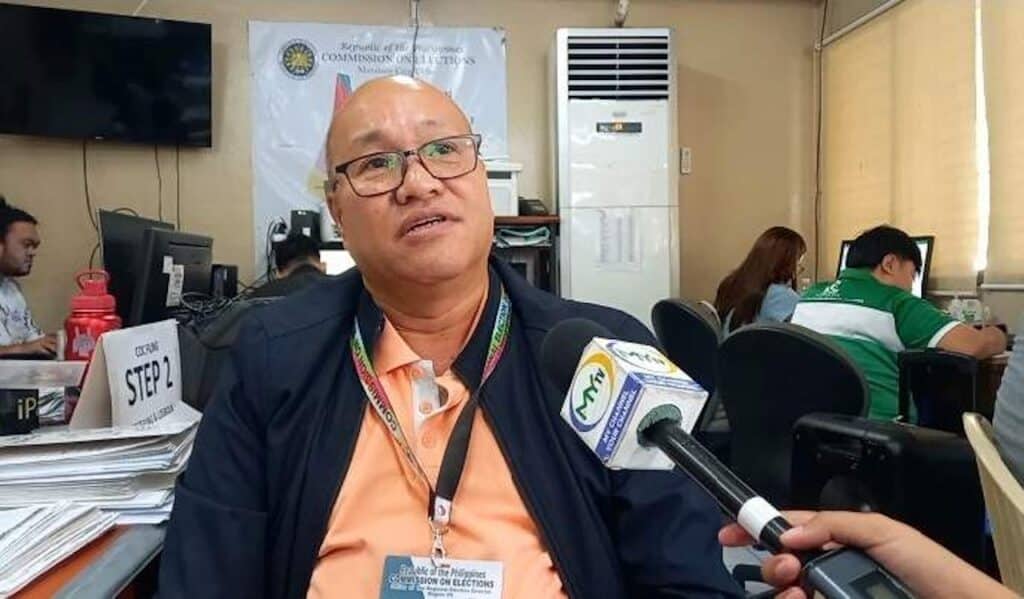CEBU CITY, Philippines – The Commission on Elections (Comelec) rolled out new rules for digital election campaigns ahead of the 2025 national and local polls, but experts are already raising concerns about how these guidelines will be enforced.
Jaemark Tordecilla, a journalism fellow at Harvard University and former editor-in-chief of GMA News Online, shared his thoughts in an online forum hosted by the Asia Journalism Fellowship on October 22.
He questioned whether the Comelec could effectively implement these new rules, pointing out that even the issue of premature campaigning had proven difficult to manage.
“I don’t know how [Comelec will enforce this]…I think the big issue with the regulations is that there’s no means of enforcement,” Tordecilla said.
“[Would it be difficult for the COMELEC to enforce?] Yes. I mean, Comelec can’t even enforce premature campaigning. Look, that’s only part of our problem,” he added.
READ MORE:
‘AI is never a substitute for critical thinking’
Rise of AI: Five business predictions in 2024
After COC filing, when do you we call them ‘candidates’?
How to enforce new guidelines?
Under the new guidelines, outlined in Comelec Resolution No. 11064, candidates and their teams must register all social media accounts and online platforms they would use for campaigning. These include websites, podcasts, blogs, and vlogs.
They must also disclose if they use AI-generated content; failure to do so could lead to penalties.
However, Tordecilla pointed out a potential loophole in the regulation, while candidates might be held accountable, there is little clarity on how to manage the wider internet, where content could be shared and reshared by anyone.
“I don’t know because the candidates would be required, but how about everyone else who is sharing those contents?” he said.
The Comelec has assigned its Task Force KKK sa Halalan to monitor digital content and coordinate with law enforcement and technology partners to take down harmful materials like deepfakes or fake accounts.
Moreover, concerns about Comelec’s ability to regulate elections are not new.

Lawyer Francisco Pobe, Comelec-7 officer-in-charge regional election director, clarifies that premature campaigning can only be considered an offense once the campaign period starts. | [FILE PHOTO] Mary Rose Sagarino
Premature campaigning
Lawyer Francisco Pobe, Comelec-7 Regional Director, clarified that premature campaigning “can only be” considered an offense once the campaign period officially begins.
Pobe cited a Supreme Court ruling that states individuals filing their Certificate of Candidacy (COC) are not yet considered official candidates until the campaign period starts.
This clarification was in response to questions about a proclamation rally held by mayoralty aspirant Yogi Felimon Ruiz in Cebu City earlier this month, Pobe explained that until the election period would begin, such events would not violate election laws.
“Comelec’s crackdown on premature campaigning will start only after the COCs are filed and when the campaign period begins,” Pobe said.
He urged candidates to respect the official schedule and avoid jumping the gun to ensure a “fair and square” competition.
The Comelec has outlined a detailed schedule for the 2025 elections. The election period will run from January 12 to June 11, 2025, with the campaign period for national candidates (senators and party-lists) set from February 11 to May 10, 2025.
Local candidates will begin their campaign on March 28, 2025, and Election Day is slated for May 12, 2025.

